Canberra thinks differently to Australia – that’s a problem
How can a workforce without exposure to the lives of everyday Australians make truly informed decisions about this same community?
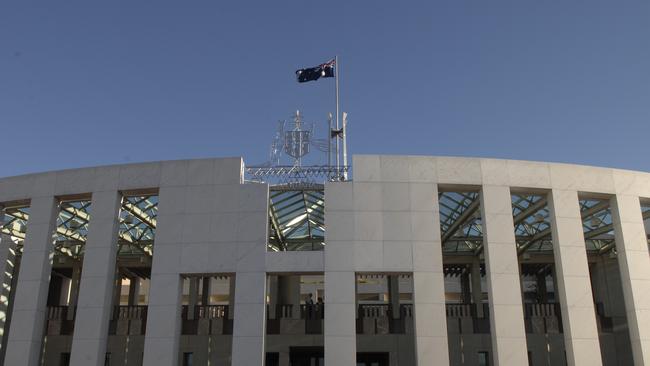
There is an aspect of the voice referendum that should concern all Australians regardless of how they voted. It relates to an apparent disconnect between Canberra and the balance of Australia. The Yes vote across Canberra’s three federal electorates ranged from 56 per cent to 70 per cent, and as such was well in excess of the national average of 39 per cent. On these figures, it can be said that Canberra thinks differently to Middle Australia.
And in any other city this would be fine, but having all electorates in the nation’s capital well removed – some might even say insulated – from the “lived experience” of Middle Australia is a problem. It raises questions about the ability of a Canberra-based public sector to understand the travails of everyday life in rural, remote and suburban Australia.
Canberra is pretty much a single-industry town – of its 432,000 residents, 40 per cent of the workforce works in the public sector, according to the 2021 census. In Melbourne and Sydney, this proportion is 14 per cent and 15 per cent respectively. And even in small capitals like Hobart the public sector comprises just 21 per cent of the workforce.
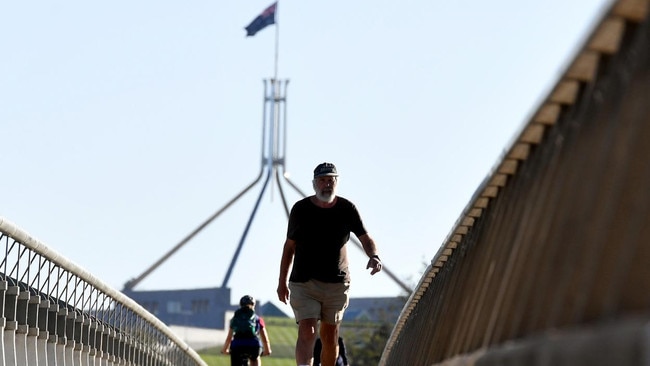
The public sector is so dominant in Canberra that it must shape everyday culture and thinking. Indeed, there is scant exposure to any other ways of making a living, at least in comparison with other capital cities. But perhaps this is a by-product of the founding fathers’ decision to placate Melbourne and Sydney interests by creating a new national capital for the seat of government.
At its core, the problem is this: how can a workforce without exposure to the lives of everyday Australians make truly informed decisions about this same community? If Canberra’s thinking becomes too removed from that of the heartland, then surely this will lead to resentment and a breakdown of trust.
On the matter of the voice referendum, the will of the people has been openly contested and emphatically declared. However, the public sector necessarily makes a range of decisions on a daily basis that affect the interests and wellbeing of all Australians. How do we know whether these decisions align generally or occasionally or at all with the values of Middle Australia?
In other countries, the national capital is co-located within (often) large capital cities such as London and Paris. Bureaucrats going about their daily business get some kind of exposure to extreme wealth, to everyday life, even to abject poverty. The same goes for Washington DC. America’s famous purpose-built capital and its bureaucracy sits within a city the size of Sydney and Melbourne (about five million).
Australia’s “purpose-built city approach” had its benefits, in that no existing city got a boost from hosting the nation’s administrative apparatus. But perhaps we need some changes to deliver a better governance model.
If it is conceded that Canberra’s thinking is more likely to lead than to reflect the values of Middle Australia, then perhaps this aspect of public administration could be encouraged to ensure that decisions aren’t too far removed from the values of everyday Australians.
Ultimately, the question should always be asked: what would everyday Australians think?


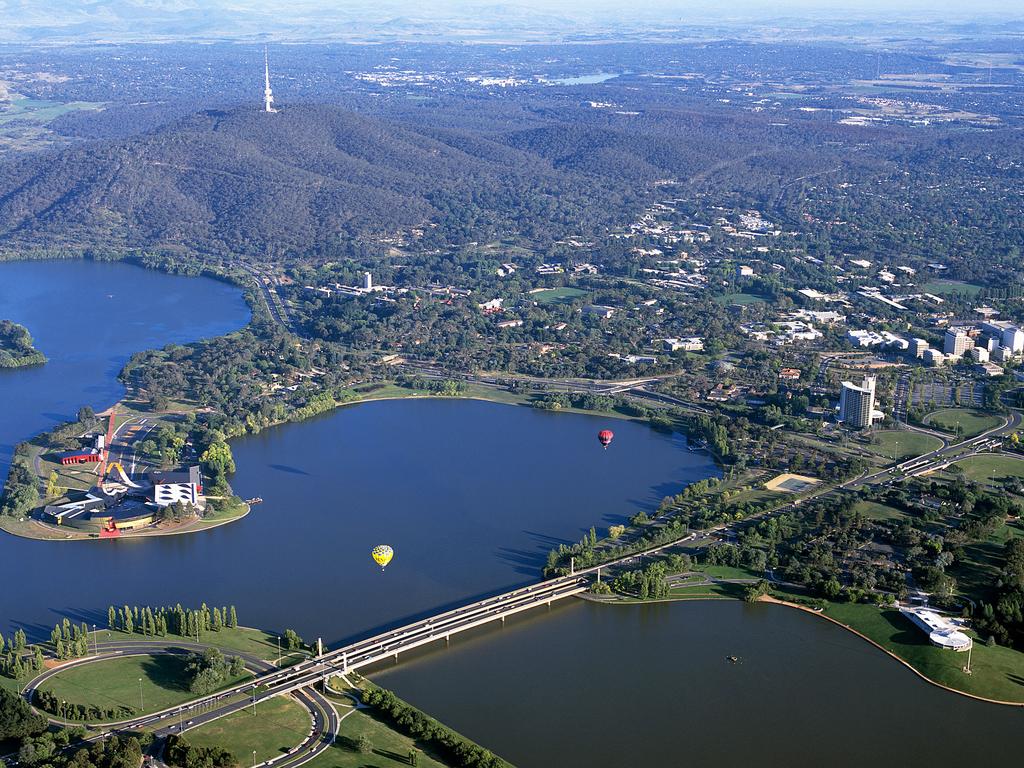
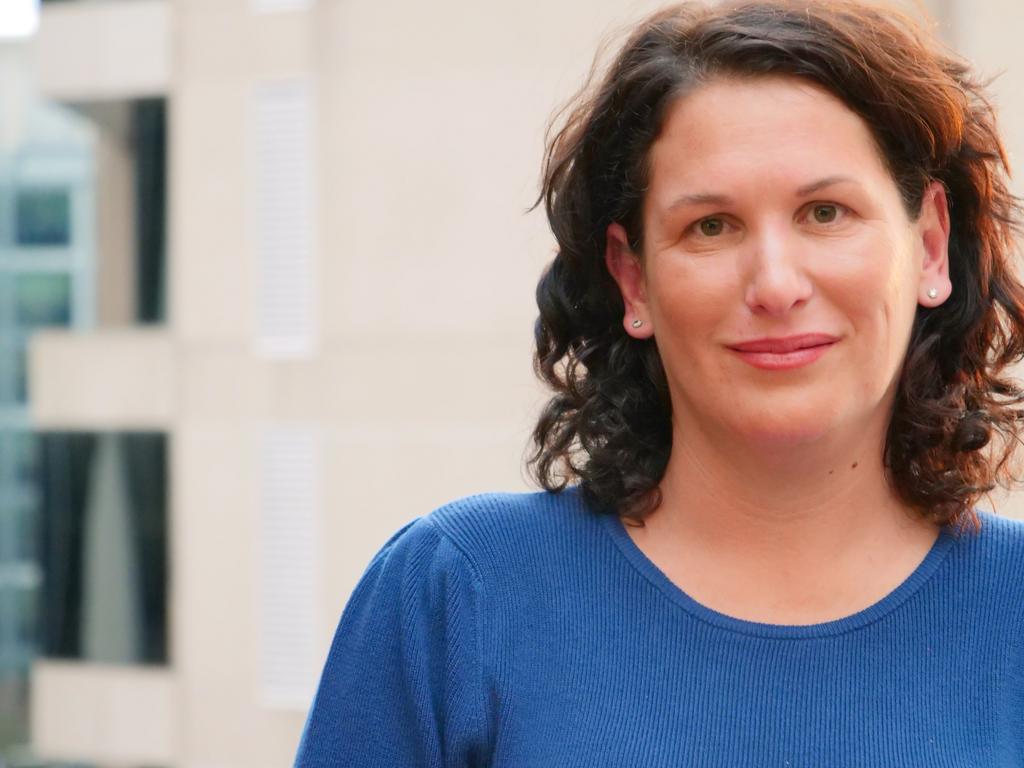
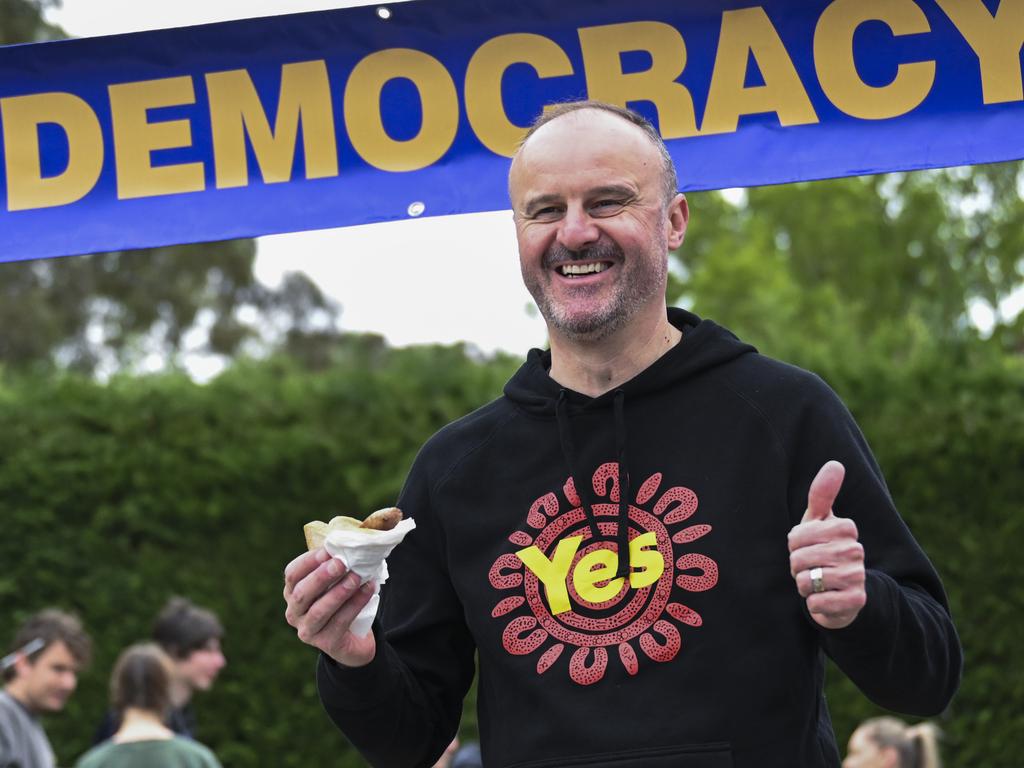
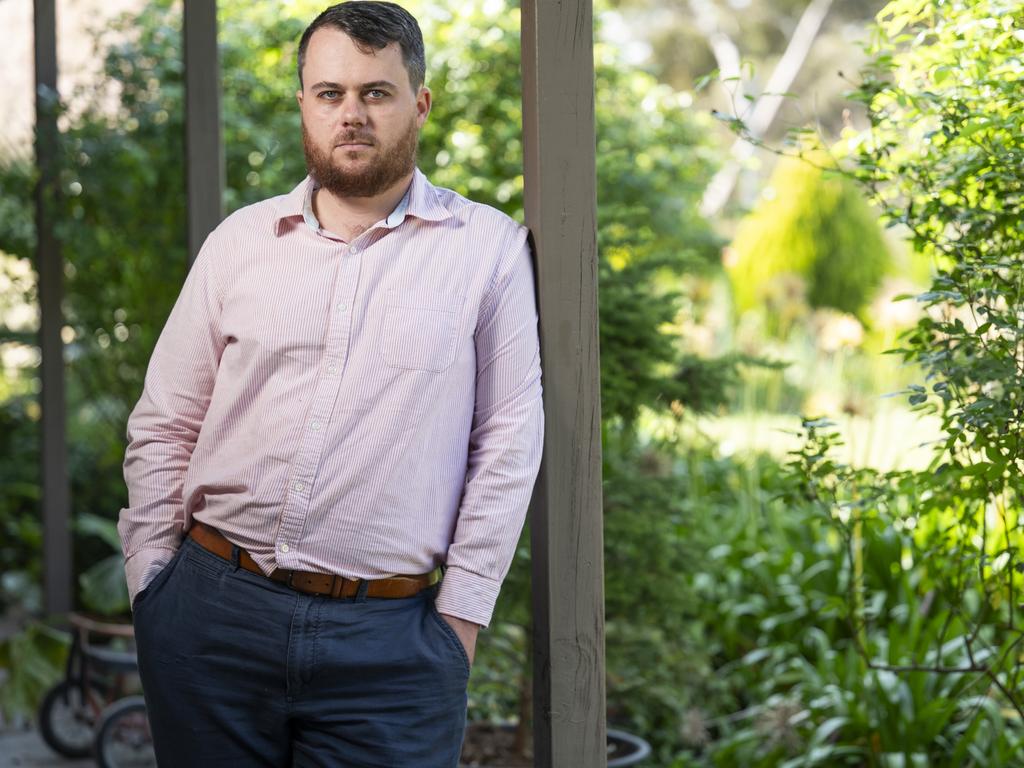


To join the conversation, please log in. Don't have an account? Register
Join the conversation, you are commenting as Logout